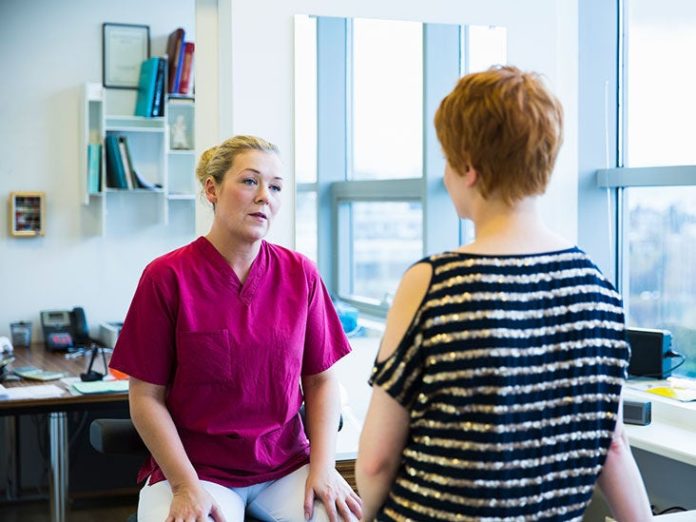Female reproductive hormones such as estrogen and progesterone help develop and maintain female sex traits and play a vital role in menstruation, pregnancy, and fertility. Naturally, as you grow older, there is a gradual decline in the production of different types of hormones, including reproductive hormones. By the time you reach perimenopause or menopause, there is a significant decline in the creation and release of female reproductive hormones. If you are experiencing severe menopausal symptoms, your health provider may recommend hormone replacement therapy Marina Del Rey. Hormone replacement therapy (HRT) is a medication containing female hormones that you can take to reverse the significant loss of estrogen during menopause.
Increasing hormones can help relieve various symptoms of menopause, such as vaginal dryness, mood swings, hot flashes, and night sweats. Moreover, replacing the hormones lost can put you at less risk of weak and brittle bones, a condition known as osteoporosis. Osteoporosis is a bone disease resulting from decreased bone mass and mineral density. You become susceptible to osteoporosis during menopause because estrogen deficiency promotes bone resorption instead of bone formation.
If hormone replacement therapy is not suitable for you for one reason or another, your health provider may recommend other alternatives. For instance, you may not be the right candidate for hormone replacement therapy when you have unhealthy blood pressure or a history of blood clots. Consequently, below are some leading hormone replacement therapy alternatives.
1.Bioidentical hormone therapy (BHRT)
Bioidentical hormone replacement therapy is a treatment that can provide your body with hormones derived from plants and synthesized in the laboratory. Also referred to as natural hormones, bioidentical hormones have the same chemical properties as hormones your body naturally produces.
Bioidentical hormones are available as pills, gels, injections, and creams. When you use bioidentical hormones, you can boost your hormone levels, and thus, you may not deal with severe sleep problems, mood swings, memory issues, weight gain, hot flashes, and night sweats.
2.Complementary and alternative treatments
Research suggests that many complementary and alternative treatments can help boost your estrogen levels and relieve symptoms of menopause. Some medicines or therapies may include cognitive behavioral therapy (BRT), herbal remedies, acupuncture, and non-hormonal treatments.
For instance, one popular herbal treatment among native Americans is black cohosh. Clinical studies from Americans and Europeans show that the herb may assist in treating insomnia and hot flashes.
Clinical studies also show that some antidepressants, like fluoxetine, can help relieve hot flashes. However, antidepressants for managing hot flashes may produce various side effects, including dry mouth, insomnia, and nausea.
3.Healthy lifestyle changes
Healthy living can help your body function properly and avoid numerous diseases and conditions. You can also reduce the severity of menopausal symptoms by adopting healthy lifestyle choices. For that reason, exercise regularly, eat healthily, minimize your stress levels, avoid smoking and alcohol consumption, and moisturize your vagina. Moisturizing or lubricating your vagina can relieve vaginal dryness, and thus you may not experience painful sex.
A menopause diet should consist of fruits, vegetables, whole grains, dairy products, and high-quality proteins from anchovies, salmon, fish, and poultry. Processed carbs, added sugars, spicy foods, salty foods, and alcoholic drinks can trigger and worsen symptoms of menopause.
Contact Marina OB/GYN today to schedule an appointment with a hormone replacement therapy specialist.
















